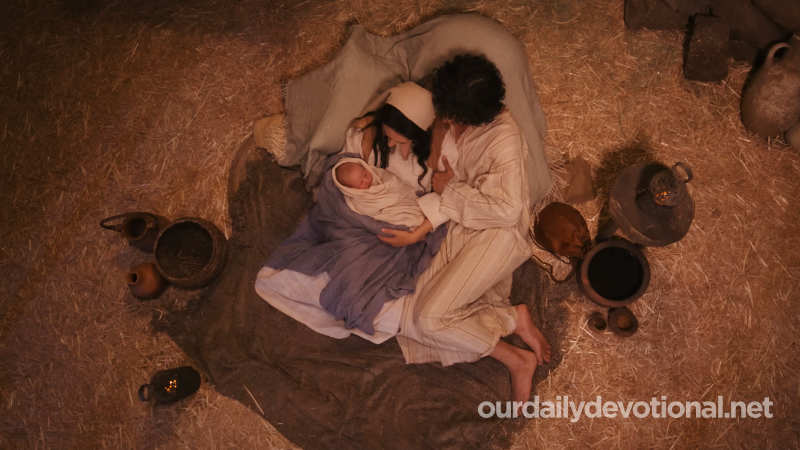The ninth of the Minor Prophets. The time indicated by Sof. 1:1 is confirmed by the following facts:
Gath is not on the list of Philistine cities enumerated (Zeph. 2:4). Nineveh has not yet been destroyed (Zeph. 2:13).
There is no reference to the Chaldeans.
(a) Essential message of the book: God will judge the whole world.
Divisions:
(A) The universal punishment will be as terrible as the Flood (Zeph. 1:2, 3). Idolatry and apostasy will disappear from Jerusalem (Zeph. 1:4, 6).
Jehovah's judgment will strike the country of Judah (Zeph. 1:7-13). On that great day Jehovah will punish all wicked men (Zeph. 14-18).
This last passage is what inspired the famous Latin hymn "Dies, irae, dies illa", used for singing at mass for the dead.
(B) Call to repentance, the only way to salvation (Zeph. 2:1, 2). The humble, those who fear God, are exhorted to seek deliverance in Jehovah (Zeph. 2:3).
He will punish the iniquity of other nations (Zeph. 2:4-15). Jerusalem refuses to repent, so she will not escape, the Lord who dwells in her is righteous (Zeph. 3:1-8).
(C) Blessings after judgments. The nations will call upon Jehovah (Zeph. 3:9-10). The remnant of Israel will put their trust in Him and will be holy (Zeph. 3:11-13).
The Lord will reign, give abundant blessing to his people (Zeph. 3:14-18) then gathered and made an object of praise among the nations (Zeph. 3:19, 20).
(b) Date. The prophet exercised his ministry during the early part of Josiah's reign (640-608 BC), undoubtedly before the great reformation of 621 BC. (2 Chron. 34:8; 35:19). This is confirmed by the allusions to the presence of idolatrous worship (Zeph. 1:4) and to Assyria (Zeph. 2:13).
The enemy of whom Zephaniah speaks could be the Scythians, who, according to Herodotus, invaded part of Asia and the Mediterranean coast at this time, unless the prophet had before him the future devastating conquest of Nebuchadnezzar. His book can be placed between the year 626 and 621 BC.
Meaning of ZEPHANIAH (Book)
The ninth of the Minor Prophets. The time indicated by Sof. 1:1 is confirmed by the following facts:
Gath is not on the list of Philistine cities enumerated (Zeph. 2:4). Nineveh has not yet been destroyed (Zeph. 2:13).







